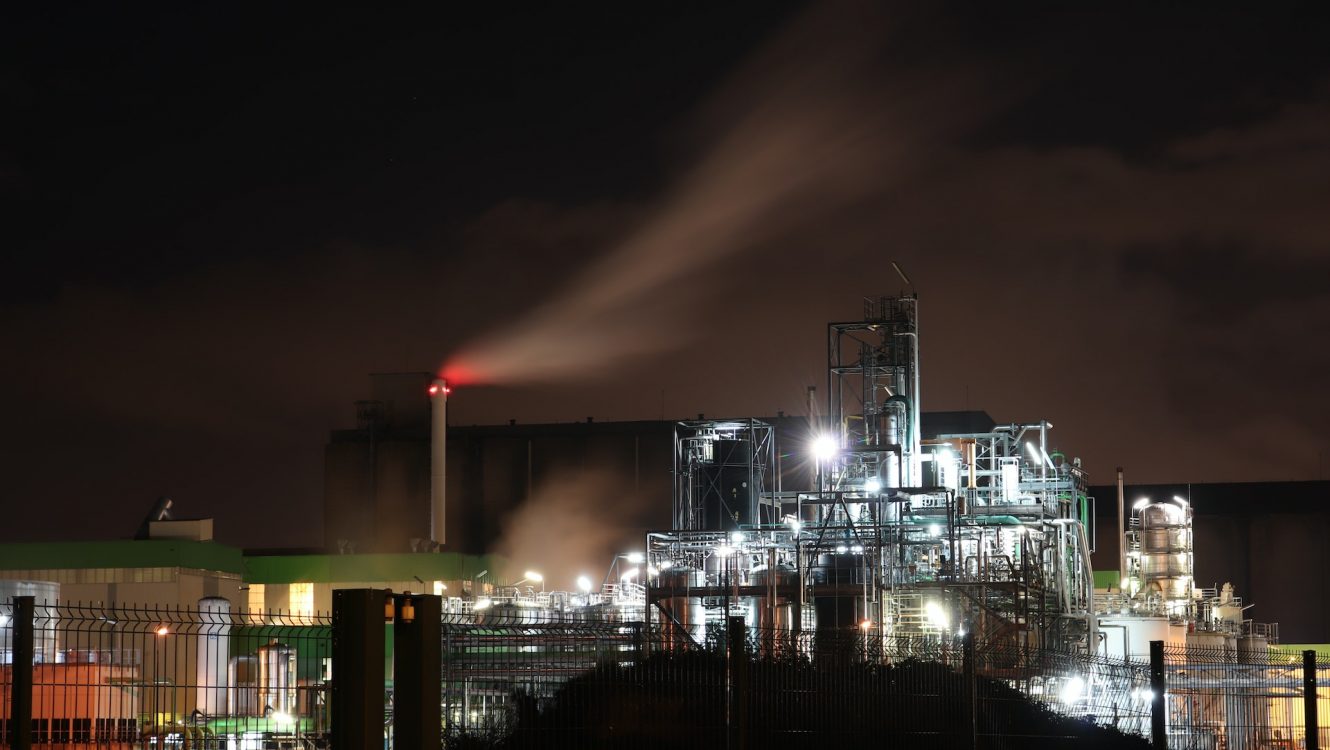The Alaska Oil Conundrum: A Blessing or A Curse?
Last week, Alaskans found a surprising boost to their bank balances: a check for $1,312 (around €1,250), representing their share of the state’s colossal oil fund. While for some, this annual windfall translates to luxury vacations, many residents in high-cost rural Alaska depend on it for essentials like home heating and transport. However, beneath the surface of this financial boon lies an intricate web of economic and political challenges, bringing the state to a crossroads.

Alaska’s Black Gold Legacy
Since 1982, Alaskans have been reaping the benefits of the Permanent Fund Dividend, a payout from the state’s mineral earnings, particularly from oil and mineral development. Created by visionary voters in the early days of Alaskan oil exploration, the Permanent Fund was designed to conserve some of the oil wealth for future generations. While the fund itself is cemented in the state constitution, the dividend it generates for the public is not.
Given this annual disbursement, one might think that businesses and residents would celebrate in anticipation. Retailers, such as La-Z-Boy and Alaska Airlines, even time their sales to coincide with the fund’s distribution. Yet, as the state grapples with the fluctuating oil market and the looming shadows of larger economic questions, the dividend has become a point of contention.
Striking the Balance: State Welfare vs. Individual Payouts
Today, the oil dividend is clashing with other essential state expenditures. Education, healthcare programs, and public safety have all come into the limelight, challenging the very existence of the oil payout. This year alone saw the state Legislature approving a $175 million (€166mn) boost for schools, a move subsequently slashed by Republican Governor Mike Dunleavy.
The fund’s purpose has been reexamined with a critical eye. While residents like Caroline Storm, an education advocate, lament the lack of investments in essential services, others, like Senate Majority Leader Cathy Giessel, acknowledge the people’s reliance on the dividend.
However, this tug-of-war between individual payouts and state needs isn’t new. In 2015, the oil dividend was slashed by then-Gov. Bill Walker, a move backed by the state Supreme Court, emphasizing that the dividend program had to compete with other state programs for funding. The years following witnessed further strain as lawmakers struggled to reach a consensus on a new formula to divide the oil fund’s earnings.
The Larger Picture: What Lies Ahead for Alaskans?
Looking to the future, Alaska faces the challenge of retaining its residents. A lack of jobs and the high cost of living have spurred a migration away from the state. Furthermore, as the state grapples with its financial framework, residents are pondering the dividend’s role in a state that does not levy income or sales taxes.
Residents in areas like Tanana, where goods are imported and prices are high, see the dividend as a welcome albeit short-lived relief. However, for many, the broader question is not just about the amount but about the sustainability and longevity of the fund. As the dividend’s future remains uncertain, locals like Cynthia Erickson hope for a “consistent” and “fair amount.”
In Search of a Solution
Efforts to reach an agreement on the dividend’s distribution have proven elusive. Last year, boosted oil prices due to geopolitical events, such as Russia’s invasion of Ukraine, gave Alaskans a dividend of $3,284 (€3,120). However, with moderating oil prices, this year’s dividends took a dip. Lawmakers, in an attempt to balance the books, promised a bonus check next year should oil prices outpace forecasts.
Alaska’s financial conundrum does not seem to be resolving any time soon. While some residents like Laura Norton-Cruz, an Anchorage-based social worker, vouch for alternate revenue models, lawmakers remain at an impasse.
Republican House Speaker Cathy Tilton aptly encapsulates the prevailing sentiment regarding the dividend: “It’s an emotionally charged subject.” With the state’s future hanging in the balance, the Alaska oil debate is far from over.
©globalgreenhouse.eu


